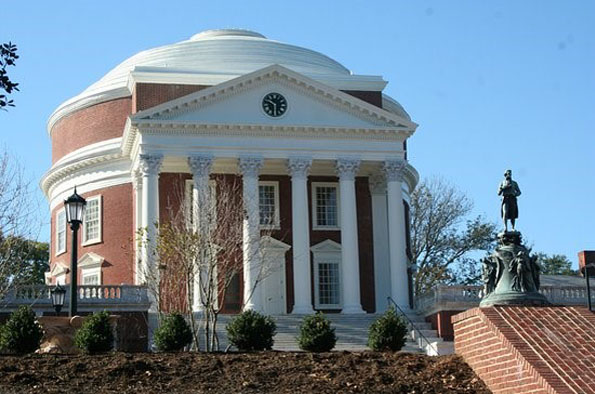
Illimitable Freedom of the Human Mind
- Laura Sandy
- Admission: Admission is free. Please register here.
Add this event to my calendar
Click on "Create a calendar file" and your browser will download a .ics file for this event.
Microsoft Outlook: Download the file, double-click it to open it in Outlook, then click on "Save & Close" to save it to your calendar. If that doesn't work go into Outlook, click on the File tab, then on Open & Export, then Open Calendar. Select your .ics file then click on "Save & Close".
Google Calendar: download the file, then go into your calendar. On the left where it says "Other calendars" click on the arrow icon and then click on Import calendar. Click on Browse and select the .ics file, then click on Import.
Apple Calendar: The file may open automatically with an option to save it to your calendar. If not, download the file, then you can either drag it to Calendar or import the file by going to File >Import > Import and choosing the .ics file.
Thomas Jefferson asked his that his tombstone list what he regarded as one of the three greatest achievements in life which included “Father of the University of Virginia.” However, the university represented merely the apex of a broader educational vision in which he wanted to create state primary schools for boys and girls in Virginia.
He never realized his larger objective but his intimate involvement in every aspect of creating the university amounts to a remarkable case study in good leadership. It revealed his talents as a lawyer who drafted the legislation for the assembly; as a surveyor who personally mapped the grounds; as a politician who masterminded the strategy to win approval in the assembly against intense opposition; as an architect who designed the layout, chose the building materials, and corresponded with the craftsman; and as an intellectual who developed an innovative curriculum, suggested the books for the library and the criteria for selecting the faculty.
Jefferson was concerned with what remains a perennial issue which is the importance of education in the success of the republican democratic experiment. Although dismissed in higher education histories as a “finishing school for southern aristocrats” which trained many of the future leaders of the Confederacy, the lecture will argue that his vision of public education was as revolutionary as the other achievements on his tombstone and that it still has the potential to stimulate discussion about the role of universities.
The talk will begin at 5.30pm, refreshments will be served before and after the lecture.
